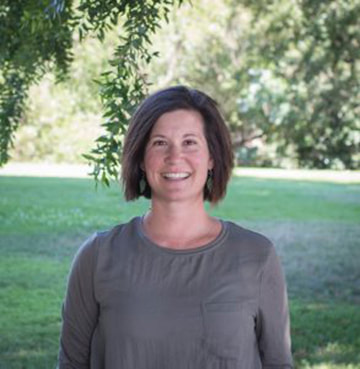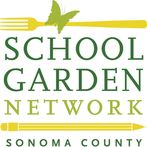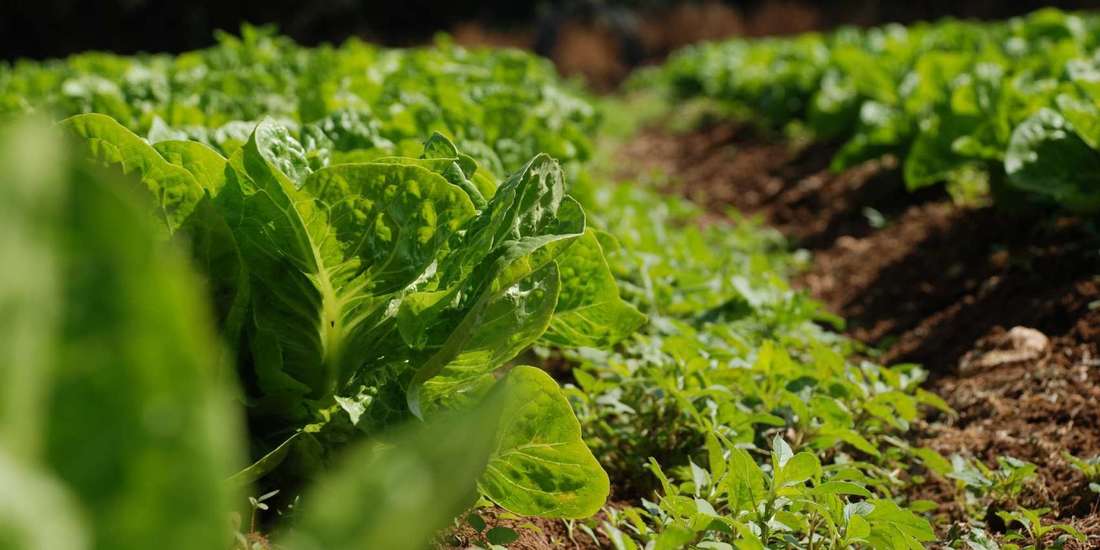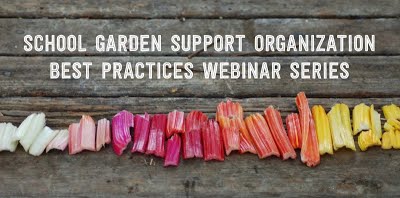|
Co-presented by Community Alliance with Family Farmers (CAFF) and generously sponsored by the Davis Food Co-Op and Bi-Rite. Photo by flickr user StateofIsrael Like energy and transportation (which get most of the attention), agriculture is key to our climate future. As a sector, agriculture contributes to greenhouse gas emissions but is also buffeted by the changes caused by global warming. At the same time, farmers are in a position to help sequester carbon and work at the forefront of adapting to climate change. Come learn what climate-smart agriculture looks like, both on the ground and from a policy perspective. Co-presented by Community Alliance with Family Farmers (CAFF) and generously sponsored by the Davis Food Co-Op and Bi-Rite.
+ Sara Tiffany / CAFF + Rich Collins / Collins Family Farm + Jessica Chiartas / UC Davis + Amy Winzer / California Climate and Agriculture Network Location: SPUR Urban Center 654 Mission Street San Francisco, CA 94105-4015 Email address: [email protected] Phone: 415.781.8726 See map: Google Maps Admission: Free for SPUR and CAFF members $10 for non-members  April 11th 9am-3:00pm Ceres Garden, Sebastopol Literacy learning in the garden classroom, like in any classroom, is most successful when students engage in tasks that promote authentic language use. What does that look like, exactly? Evidence supports activities that provide opportunities to read, write, and talk in the ways actual gardeners do. - Carrie Strohl Learn how to connect cooking and gardening instruction to the Common Core ELA or Math standards and the Next Generation science standards. This workshop, taught by science educator Carrie Strohl, is designed to develop educators’ understanding of how common garden activities can be adapted to become robust lessons designed to meet the current curricular standards expected in schools. We will spend our day both in the classroom and in the garden as we explore hands on lessons and deepen our understanding of how best to link the garden and classroom studies. Instructor: Carrie Strohl earned her Ph.D. in science education from UC Davis. She specializes in standards-driven curriculum design, science-literacy integration, and garden-based learning. For six years, she engaged in research, curriculum development, and professional leadership at the Lawrence Hall of Science at UC Berkeley. Most recently, she teaches science methods to pre-service teachers and coaches teachers to integrate gardening and cooking at an environmental science magnet school in Napa, CA. Questions? Contact us at [email protected] FEE: $125 Earlybird registration postmarked by March 10th $95 Teams from same school receive a %10 discount! ***CEU units will be available!! Morning will start in the Tarsier Room at the OReilly Media Center next to the Ceres Garden. Teas, vegetarian lunch and snacks are provided! The National School Garden Network (NSGN) connects individuals and organizations working to support school garden programs at a district, regional, statewide, or national level. Members share resources and strategies for supporting multiple schools gardens, with the ultimate goal of aligning efforts across communities.
Selecting, Installing and Managing School Garden Bed Systems -- January 30th 1pm PST Choosing the best garden bed system for your school garden program can be an important contributing factor to long-term success. When you are working with multiple school garden sites, the number of variables to consider increases and using standardized bed systems with all of your schools can provide both benefits and challenges. In this webinar, we will hear from SGSOs who have developed standard garden bed packages and find out what has worked for them and how they source their materials. Presented by:
https://register.gotowebinar.com/register/3674646313467722753 More in this series: Teaching Basics -- March 2018 Garden To Cafeteria -- May 2018 School Gardens in High Need Areas -- September 2018 WEBINAR: CONNECTING PUBLIC HEALTH AND FOOD SECTOR COLLABORATORS: HEALTHY MENU INNOVATIONS IN SCHOOLS1/9/2018
 ABOUT WEB FORUM SERIES A high sodium diet raises blood pressure, and high blood pressure is a major cause of heart disease and stroke. By reducing sodium, the food industry can have influence over the health of Americans. To advance sodium reduction efforts and disseminate promising practices, the Centers for Disease Control and Prevention (CDC) and the National Network of Public Health Institutes (NNPHI) have launched a Web Forum series, “Connecting Public Health and Food Sector Collaborators,” hosted by Dialogue4Health. This series features representatives from the food sector who will share best practices, success stories and subject matter expertise for public health audiences working with the food industry to reduce sodium. Web Forums also include presentations from public health practitioners who will share lessons learned and real-life examples from their work with food industry partners to create change in a variety of food service settings. https://publichealthinstitute.webex.com More than 75% of the sodium Americans consume comes from processed and restaurant foods before salt is added at the table, leaving little choice for consumers trying to limit their intake. Therefore, reducing population sodium intake requires increased availability of lower sodium packaged and restaurant foods. Members of the foodservice system, such as foodservice operators, distributors and manufacturers, influence the foods that are available and served to consumers. Other influencers include government and private entities; industry, trade and community groups; and consumers, all of which can drive demand. These groups must work together to reduce sodium content in the food supply. This Web Forum will focus on healthy menu modifications to reduce sodium specifically in the school setting. The first presentation will feature a community-level effort to improve the nutritional and culinary quality of the foods offered in school cafeterias in Chelsea, Massachusetts through a collaborative, data-driven initiative facilitated by Healthy Chelsea. Presenters will provide an overview of the initiative’s goals, activities, and outcomes at Chelsea High School, where both sodium and saturated fat levels have been significantly lowered. Then, a representative from a leading provider of food and nutrition services will highlight healthy menu innovations to improve the nutritional value of foods served in K-12 schools. This series is a continuation of the former Web Forum series: “Connecting Public Health and Food Service Providers” and “Connecting Public Health and the Food Industry.” |




 RSS Feed
RSS Feed